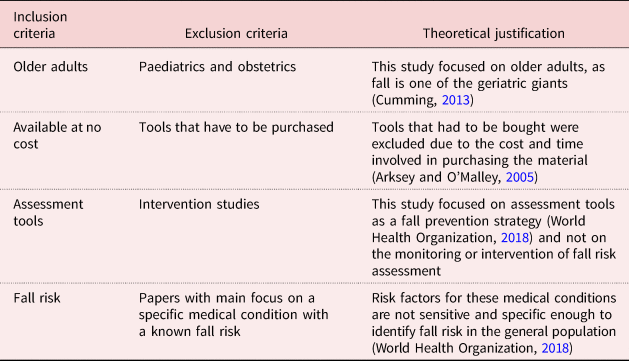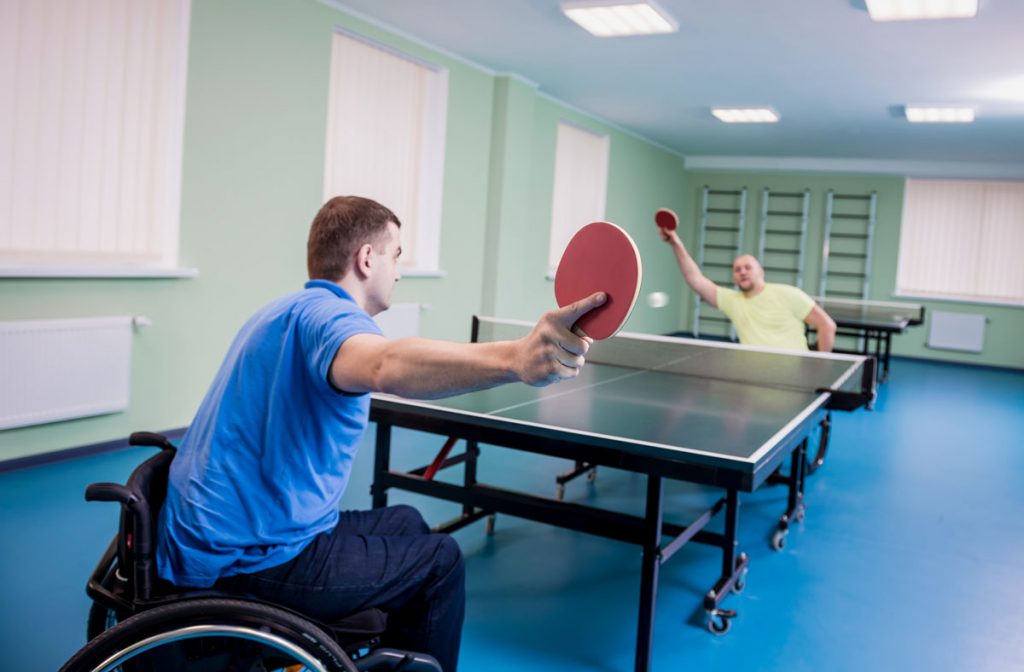An Unbiased View of Dementia Fall Risk
An Unbiased View of Dementia Fall Risk
Blog Article
See This Report on Dementia Fall Risk
Table of ContentsWhat Does Dementia Fall Risk Mean?The Best Guide To Dementia Fall RiskSome Known Details About Dementia Fall Risk Not known Facts About Dementia Fall RiskThe Dementia Fall Risk Statements
In the neighborhood, insufficient road lights or unsafe creeks and garbage dumps might additionally cause accidents. Loss Danger Analysis Device (FRAT) is a 4-item falls-risk testing device for sub-acute and residential treatment. The FRAT has three areas: fall risk status, threat factor checklist, and activity strategy. A Loss Danger Status consists of data about background of recent drops, medicines, psychological and cognitive standing of the client.If the individual scores on a risk aspect, the matching number of points are counted to the patient's loss danger rating in the box to the far appropriate. If a client's autumn risk rating amounts to five or higher, the individual goes to high risk for drops. If the person scores just 4 factors or reduced, they are still at some risk of falling, and the registered nurse should utilize their ideal professional evaluation to manage all loss danger factors as part of an all natural care strategy.
These typical techniques, in basic, aid establish a secure environment that reduces unintended falls and delineates core safety nets for all people. Indications are vital for patients in jeopardy for drops. Doctor require to recognize that has the condition, for they are accountable for executing activities to promote individual safety and security and prevent drops.
Some Known Factual Statements About Dementia Fall Risk
For example, wristbands ought to include the patient's last and given name, date of birth, and NHS number in the UK. Details ought to be printed/written in black versus a white background. Just red color should be utilized to signal unique patient status. These recommendations follow current advancements in person recognition (Sevdalis et al., 2009).
Things that are too far might require the patient to connect or ambulate unnecessarily and can potentially be a hazard or add to drops. Aids protect against the person from heading out of bed with no help. Registered nurses react to fallers' phone call lights more promptly than they do to lights initiated by non-fallers.
Visual problems can substantially create drops. Keeping the beds closer to the floor minimizes the threat of falls and severe injury. Placing the cushion on the floor substantially lowers fall threat in some medical care settings.
5 Easy Facts About Dementia Fall Risk Described
People who are high and with weak leg muscles that try to rest on the bed from a standing position are likely to drop onto the bed because it's too reduced for them to decrease themselves safely. If a high person efforts to get up from a low bed without help, the client is most likely to fall back down onto the bed or miss the bed and drop onto the floor.
They're designed to promote prompt rescue, not to stop drops from bed. Apart from bed alarms, enhanced supervision for high-risk individuals likewise might help prevent falls.

People with a shuffling stride boost fall chances drastically. To decrease autumn threat, footwear must be with a little to no heel, thin soles with slip-resistant tread, and sustain the ankle joints. Recommend person to utilize nonskid socks to avoid the feet from gliding upon standing. Nevertheless, motivate patients to wear suitable, well-fitting shoesnot nonskid socks for navigate to this website motion.
Facts About Dementia Fall Risk Uncovered
In a research study, homes with adequate lights record less falls (Ramulu et al., 2021). Renovation in lighting at home might decrease autumn rates in older adults.

Sitters work for guaranteeing a safe and secure, safeguarded, and secure atmosphere. Nonetheless, studies showed really low-certainty evidence that sitters lower autumn threat in acute care hospitals and only moderate-certainty that options like video monitoring can minimize sitter usage without raising autumn threat, suggesting that caretakers are not as helpful as initially thought (Greely et al., 2020).
Not known Factual Statements About Dementia Fall Risk

Raised physical fitness lowers the danger for falls and limits injury that is received when fall transpires. Land and water-based workout programs may be in a similar way useful on equilibrium and gait and thus minimize article source the danger for falls. Water exercise might contribute a positive advantage on balance and stride for women 65 years and older.
Chair Surge Exercise is an easy sit-to-stand workout that assists strengthen the muscle mass in the thighs and buttocks and enhances mobility and independence. The goal is to do Chair Rise exercises without utilizing hands as the customer becomes stronger. See sources section for an in-depth instruction on exactly how to carry out Chair Surge workout.
Report this page